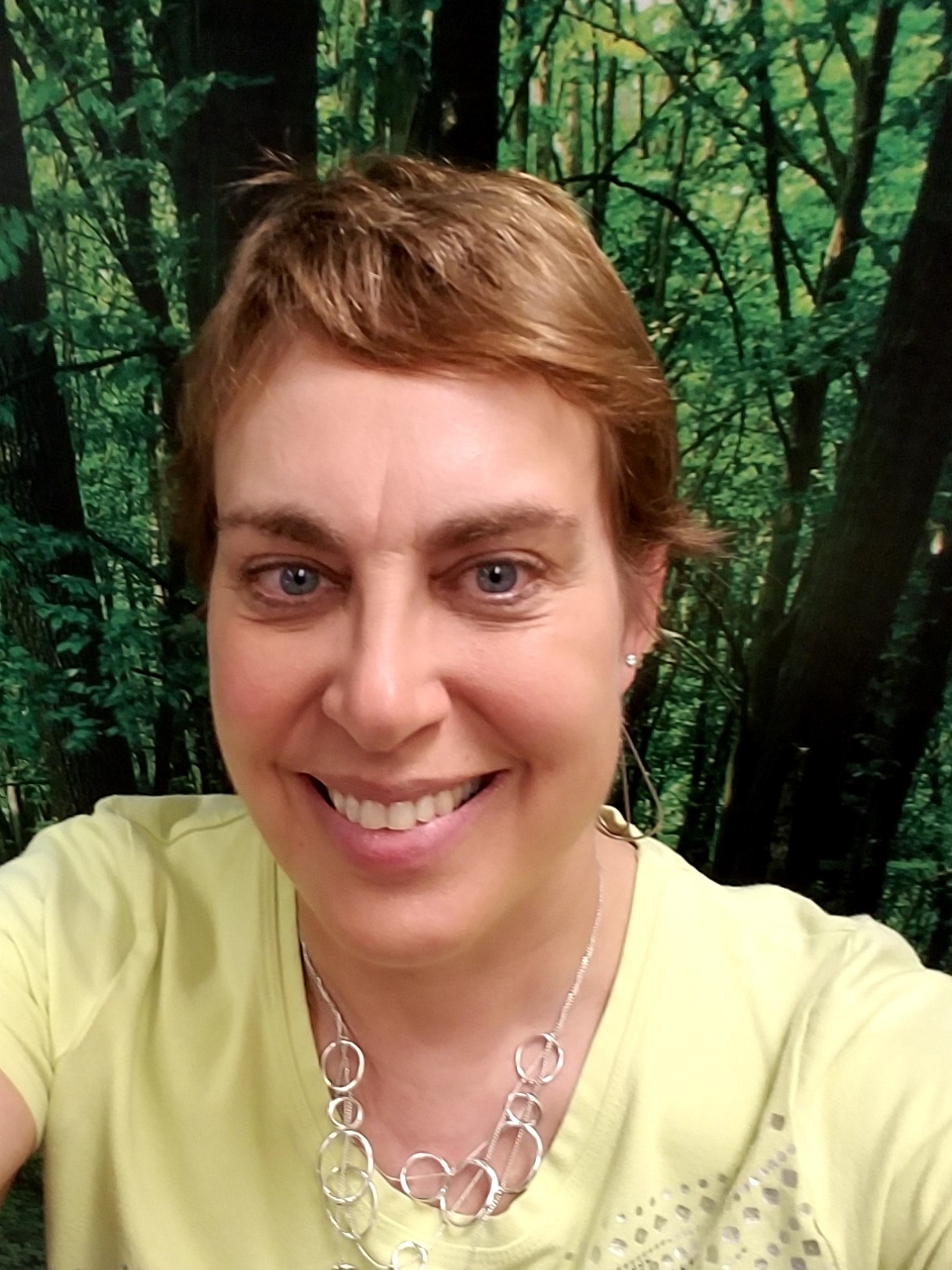This is the second in a series of posts about the books and articles that have had a strong impact on me as I seek to become a better ally and a better friend. I’m writing them as my capstone project for my BUILD Diversity Certificate. These thoughts are mine alone and do not necessarily reflect the views of the DePaul Women’s Network, which is graciously allowing me to share them here, or of DePaul University. I welcome your comments. Email me at kris.gallagher@depaul.edu.

Kathy Obear is inside my head. Or, rather, the insides of my head are often on the pages of Kathy Obear’s book.
Obear is an organizational consultant who was leading workshops on diversity when she was called out by two participants, people of color, for comments they found racist. The incident pitched her into a lifelong re-examination of her beliefs and behaviors. She describes, layer by layer, how she peeled back her upbringing and her culture to discover its racist foundations. Her pain and her humility are evident on every page. Her willingness to face these things gives me strength to face my equally problematic foundations.
She raises and demolishes the defenses that I and other well-meaning but harm-causing whites quickly fling up. “How can I be racist if I’ve done these nice things?” “After I’ve done this many things right, why don’t I get a pass on this thing?” “I’m not like THOSE people.” Of course I and others don’t want to see ourselves as racist. It’s an inflammatory word. Yet, in our floundering to deflect the blow, we fail to learn from those who muster the courage to confront us and the insight that comes from self-reflection.
Obear has several good models that I now use when I feel myself emotionally reacting to a racial situation, which can be as simple as meeting a person of color. Am I trying to be seen as a “good white?” Am I walking on eggshells? She points out that I am denying myself the opportunity to have meaningful relationships with people of color if I spend all my time trying to make myself look good.
She also schooled me on what not to do, starting with self-righteously calling out racist behaviors in others. Yes, I have enjoyed the endorphin hit from indignantly calling out another white person over a micro-aggression. In fact, I’ve told a couple of those stories as proof that I am a “good white.” Obear points out two things. First, I’m reinforcing the stereotype that a white person is needed to “rescue” marginalized people. They don’t need me to lead. They need me to have their backs. Second, I’m blowing a teachable moment when I’m aggressive. The people I am talking with are far more likely to reexamine their own behaviors if I interrupt gently, explain how I used to do things like that, and share what I’ve learned.
As an organizational consultant, Obear also explores how racism is systematically supported by organizations, even those that are seeking to expel it. It’s a great handbook to guide my own behavior and to keep my eyes open for barriers hiding in plain sight. She offers good checklists and methods for intervening in a professional manner. Frankly, this slim, 150-page book is an excellent all-around handbook that bears annual review. That’s my plan.
Kris Gallagher is a member of the DePaul Women’s Network marketing and communications team, and an associate editor in the Office of Advancement at DePaul University.